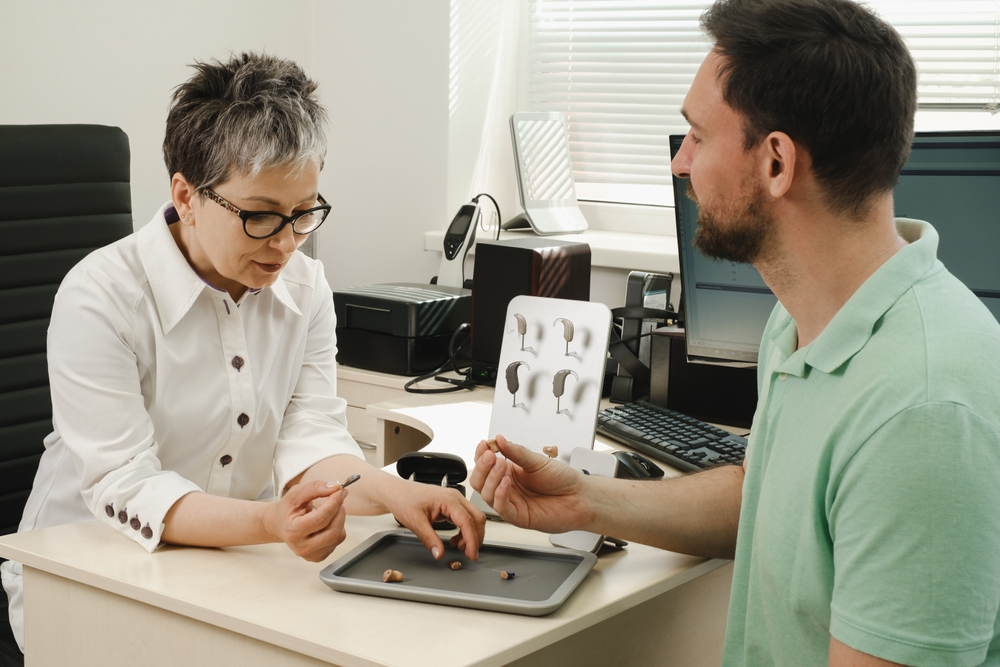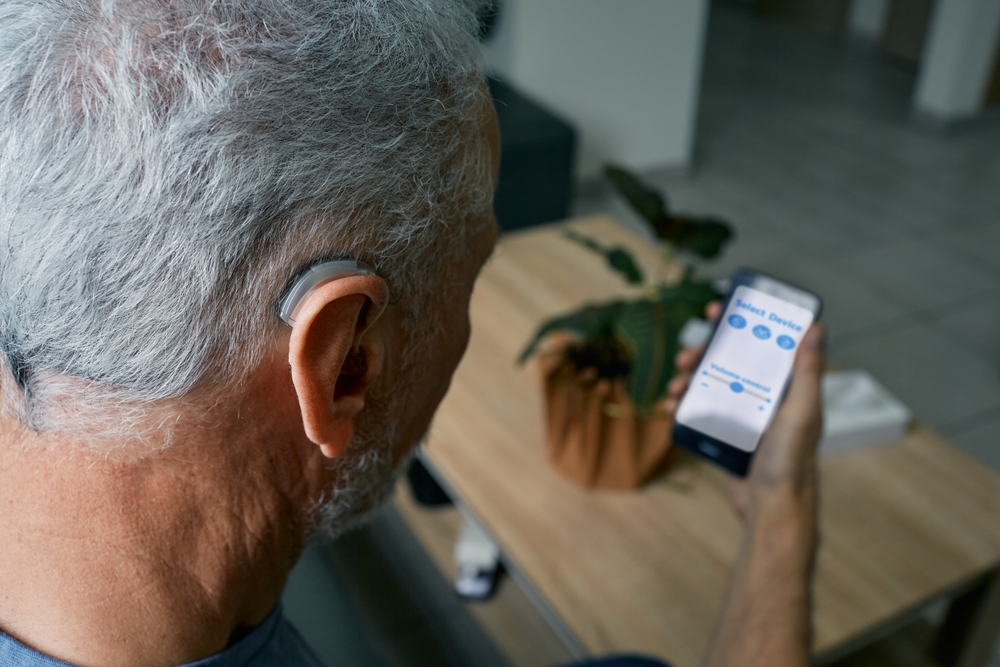Tinnitus, the persistent ringing, buzzing, or humming in the ears, can be quite bothersome for many people. When it becomes a problem, finding relief becomes a priority. One option that’s often suggested is using hearing aids.
Even though hearing loss and tinnitus are different, they often happen together. While you can have tinnitus without hearing loss, or hearing loss without tinnitus, they often show up together. This is why hearing aids are often recommended as a solution for both.
How can hearing aids help with tinnitus?
According to one survey, 60% of individuals with tinnitus noticed some measure of relief when they started using hearing aids. Roughly 22% of everyone surveyed went so far as to report significant relief. However, hearing aids are not designed specifically to treat tinnitus. The benefits seem to come by association. As such, hearing aids seem to be most effective if you have tinnitus and hearing loss.
Hearing aids helps alleviate tinnitus symptoms by:
- Making sounds louder: When you have hearing loss, some sounds may become less noticeable, which can make the ringing in your ears stand out more. Hearing aids make all sounds louder, which can help cover up the ringing and make it less noticeable.
- Improving conversations: Newer hearing aids are particularly good at making speech easier to hear. This means you can have better conversations, which can take your mind off the ringing and reduce stress.
- Keeping your brain active: Hearing loss can mean your brain’s hearing centers don’t get as much exercise. Wearing hearing aids can help keep your brain active in those areas, which might make the ringing less bothersome.
What are the benefits of modern hearing aids?
Today’s hearing aids are smart devices, thanks to their integration of cutting-edge technologies and algorithms designed to assist hearing. A significant aspect contributing to the effectiveness of these modern aids is their ability to undergo individualized refinement and calibration. This personalized adjustment process, sometimes even adapting to varying background noise levels, ensures optimal performance tailored to each individual’s needs.
Tailoring hearing aids allows for the precise calibration of sensitivity and output signals according to an individual’s unique hearing abilities. The more accurately the device is adjusted to your specific requirements, the greater the likelihood of successfully masking the buzzing or humming associated with tinnitus.
Evaluating your options
While hearing aids can be helpful for managing tinnitus, it depends on a few things, like how much hearing loss you have. If you have tinnitus but don’t have hearing loss, there are other options like sound therapy or talking to someone about your feelings.
If you have both hearing loss and tinnitus, hearing aids can be a good way to deal with both at once.
Find a hearing specialist near you
Tinnitus can have a profound impact on your daily life, but hearing aids may be able to help. They can make sounds louder, improve conversations, and keep your brain busy. If you’re struggling with tinnitus, talking to a hearing specialist can help you figure out what might work best for you.
Find a hearing specialist near you to explore hearing aids for tinnitus relief.


